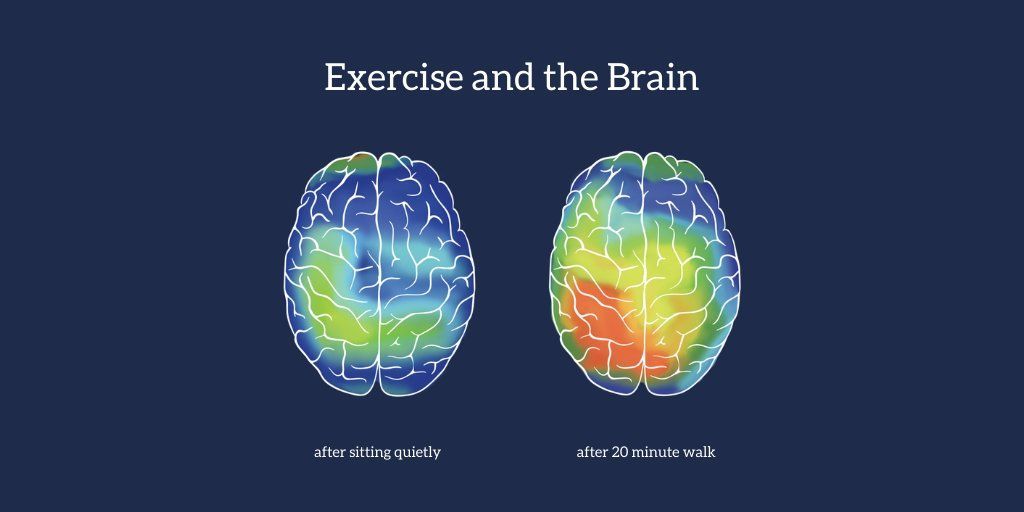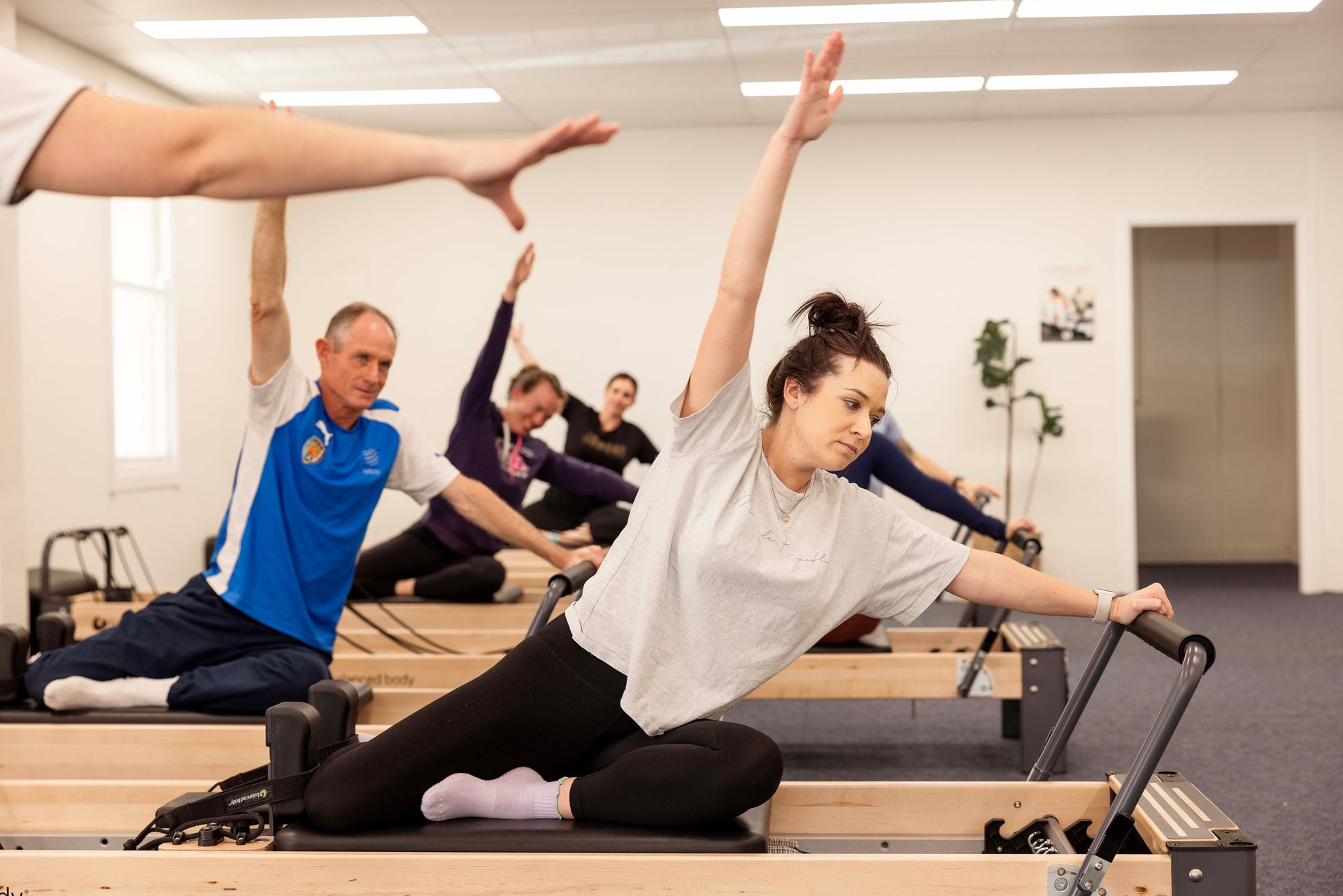Strength train your brain this Brain Awareness Week
Did you know that just 20-30 minutes of brisk walking can have an immediate effect on your brains ability to focus - why not try it on your next lunch break?

You have probably heard of doing brain exercises to train your brain and keep it functioning well. These often include activities to challenge your brain like crosswords or puzzles, but did you know that regular exercise can also improve and help maintain brain function?
Exercise can improve cognitive function through improving things like learning, thinking, memory, problem solving abilities, and decision making!
Did you know that just 10-20 minutes of moderate intensity exercise such as brisk walking can have an immediate effect on your brain’s ability to focus.
So what happens to our brains when we exercise?
Exercise can increase blood flow to the brain, increasing activity of cells within the brain and strengthening connections between different areas of it. The evidence shows that individuals who exercise regularly have greater activation in their frontal lobes, making them perform better in tasks controlled by this part of the brain including planning, problem solving and decision making.
Exercise has also been found to have a powerful effect on the hippocampus. This is the part of the brain that is responsible for organizing, storing and retrieving memory in our brains. How does exercise effect this? The research shows that high intensity exercise can increase the size of the hippocampus and increase neural connections between this and other areas of the brain resulting in an improvement in ability to learn and remember.
Effects of exercise on the brain can also have a number of positive impacts on mental health. Exercise increases levels of dopamine which not only improves mood and feelings of wellness but also helps to drive motivation and attention. Exercise releases endorphins which are hormones that have a calming effect on the brain. Finally, it increases a protein in the brain called brain derived neurotropic factor (BDNF) which works in the brain to protect neurons in areas of the brain that control mood and encourages neurons to connect and grow.
Poor brain health can lead to a number of brain related disorders common in older adulthood, including stroke, dementia and Parkinson’s disease. The good news is that exercise can directly reduce many of the risk factors for these conditions as well as slow the progression of disease.
Whether it be with a high intensity workout or just a leisurely stroll, getting moving will help to maintain your brain’s health and if you’re unsure of where to start our team are trained experts in movement always here to help.
Words by Sunita Newton
CONTACT
USEFUL LINKS
STAY INFORMED
You need a helping hand with your project?
We will get back to you as soon as possible
Please try again later
All Rights Reserved | 360 Healh Clinic







